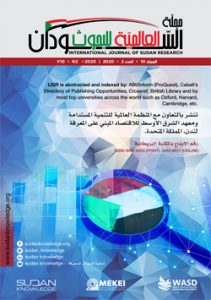(082) Towards universal health coverage in Sudan: a blockchain enabled health supply management system improving access, efficiency and transparency, Dr. Elfatih Abdelraheem
Dr. Elfatih Abdelraheem
United Nations Development Programme (UNDP), Istanbul
Turkey
DOI: 10.47556/J.IJSR.9.1.2019.1
 Abstract: This White Paper demonstrates the basic foundations for a HealthChain: A blockchain-enabled supply chain management system to solve the challenges that are facing the health systems in Lower and Middle-Income Countries (LMICs). The paper is presented to materialise joint collaboration between UNDP and UNICEF on innovative solutions for sustainable development. The invention of Blockchain has hit the World with its potential in different sectors. Although it was initially designed to back up the transactions of BitCoin (the first digital currency) its potential applications expanded to other industries. These include the global supply chain and shipping industry, where earlier indications from Maersk (the shipping container giant) show that its implementation has meant a reduction of approximately 25% in operating costs and greater time efficiency. Health supply chain management, especially in LMICs, is facing great challenges related to regulations, management and structure, multiple tiers and poor forecasts and irregularity of funding and purchasing. These challenges have led to frequent stock out and sometimes waste of medicine, health supplies and commodities. The ambitious SDG3 targets and related strategies on achieving Universal Health Coverage will not be attainable with the current status of health supply chain management. Additionally, the increase in global counterfeit medicines and supplies hit almost US$400 billion, putting additional pressures on health systems and global health agencies. The National Medical Supplies Fund in Sudan is the entity responsible for the public procurement and distribution of medicines in Sudan. In 2011, as part of a reform, electronic procurement was introduced. Although some success was achieved, the problems related to poor forecasts, stock outs and wastage remained unsolved. HealthChain is a blockchain enabled health supply management system that will include all the stakeholders along the supply chain, from manufacturers, global shippers and handlers, customs and other regulators, to in-country buyers, distributors and dispatchers. Through its development stack (protocol, network and application layers) and the transactions of the information, documents, receipts and execution of work through smart contracts, HealthChain is capable of addressing most of the current challenges. This will lead to greater efficiencies, increased collaboration, better pricing and overall improved equity and access to essential medicines, technologies and other health supplies. UNDP and UNICEF (and potentially other global health agencies) are in a unique position to leverage and shape the global supply market. A recent partnership on Sustainable Procurement in the Health Sector (SPHS) that aimed to promote the use of efficient materials, reduce waste, and prioritise products with low carbon footprints, can create cost savings and environmental and health benefits, demonstrated the power of partnership and joint action. In order for HealthChain to be implemented effectively, the current global, regional and national regulations, guidelines and policies will need to be updated to allow for innovation to grow at scale, without jeopardising the safety, accessibility and affordability of the medicines, technologies and other health supplies. A multi-stakeholders collaboration, including multilaterals, academia, global philanthropy and governments, is crucial for the piloting and further scale up.
Abstract: This White Paper demonstrates the basic foundations for a HealthChain: A blockchain-enabled supply chain management system to solve the challenges that are facing the health systems in Lower and Middle-Income Countries (LMICs). The paper is presented to materialise joint collaboration between UNDP and UNICEF on innovative solutions for sustainable development. The invention of Blockchain has hit the World with its potential in different sectors. Although it was initially designed to back up the transactions of BitCoin (the first digital currency) its potential applications expanded to other industries. These include the global supply chain and shipping industry, where earlier indications from Maersk (the shipping container giant) show that its implementation has meant a reduction of approximately 25% in operating costs and greater time efficiency. Health supply chain management, especially in LMICs, is facing great challenges related to regulations, management and structure, multiple tiers and poor forecasts and irregularity of funding and purchasing. These challenges have led to frequent stock out and sometimes waste of medicine, health supplies and commodities. The ambitious SDG3 targets and related strategies on achieving Universal Health Coverage will not be attainable with the current status of health supply chain management. Additionally, the increase in global counterfeit medicines and supplies hit almost US$400 billion, putting additional pressures on health systems and global health agencies. The National Medical Supplies Fund in Sudan is the entity responsible for the public procurement and distribution of medicines in Sudan. In 2011, as part of a reform, electronic procurement was introduced. Although some success was achieved, the problems related to poor forecasts, stock outs and wastage remained unsolved. HealthChain is a blockchain enabled health supply management system that will include all the stakeholders along the supply chain, from manufacturers, global shippers and handlers, customs and other regulators, to in-country buyers, distributors and dispatchers. Through its development stack (protocol, network and application layers) and the transactions of the information, documents, receipts and execution of work through smart contracts, HealthChain is capable of addressing most of the current challenges. This will lead to greater efficiencies, increased collaboration, better pricing and overall improved equity and access to essential medicines, technologies and other health supplies. UNDP and UNICEF (and potentially other global health agencies) are in a unique position to leverage and shape the global supply market. A recent partnership on Sustainable Procurement in the Health Sector (SPHS) that aimed to promote the use of efficient materials, reduce waste, and prioritise products with low carbon footprints, can create cost savings and environmental and health benefits, demonstrated the power of partnership and joint action. In order for HealthChain to be implemented effectively, the current global, regional and national regulations, guidelines and policies will need to be updated to allow for innovation to grow at scale, without jeopardising the safety, accessibility and affordability of the medicines, technologies and other health supplies. A multi-stakeholders collaboration, including multilaterals, academia, global philanthropy and governments, is crucial for the piloting and further scale up.
